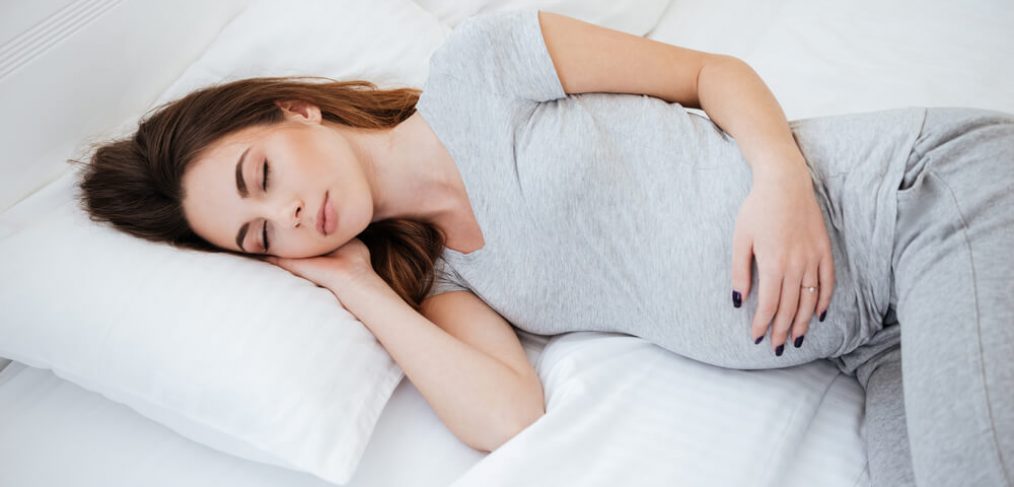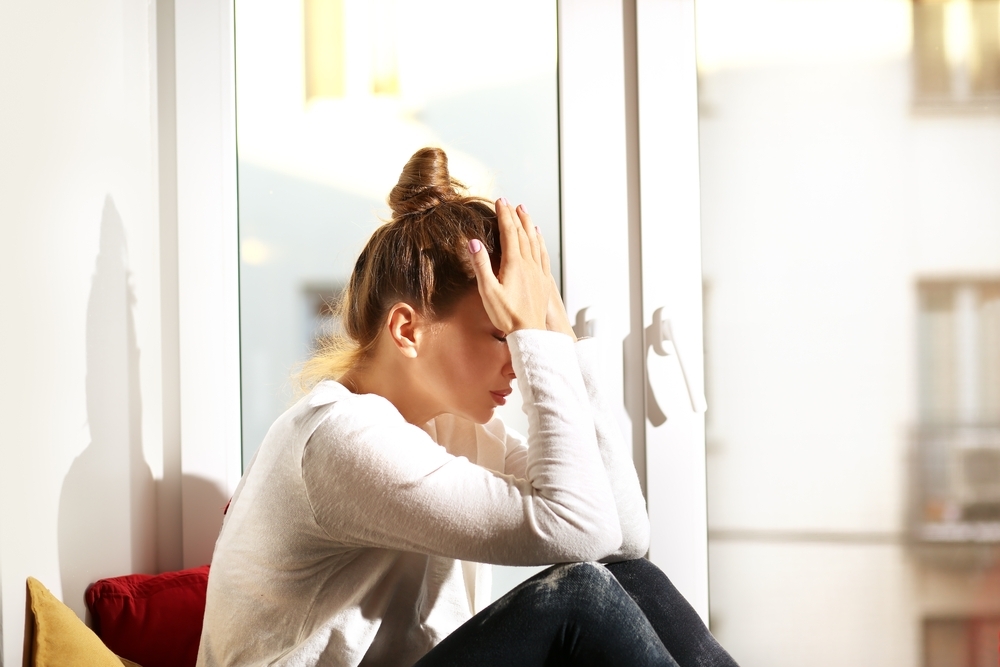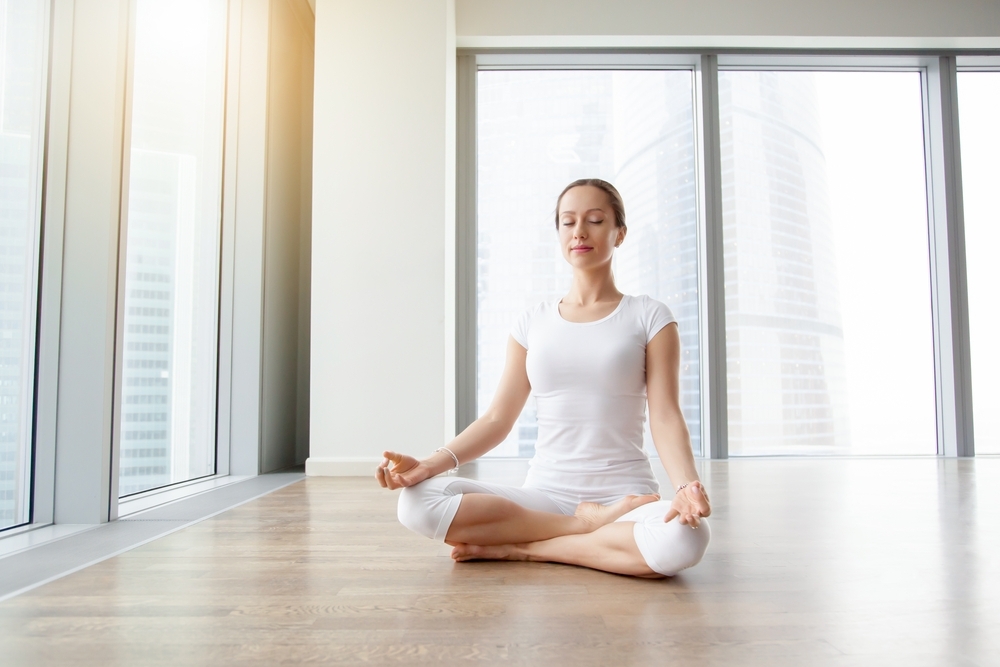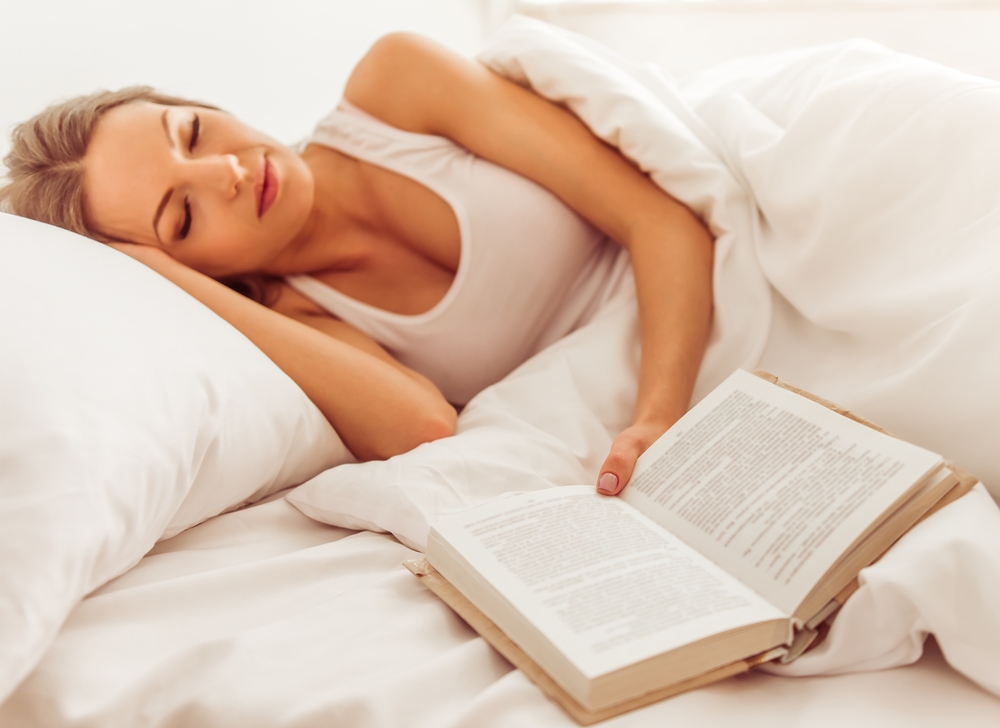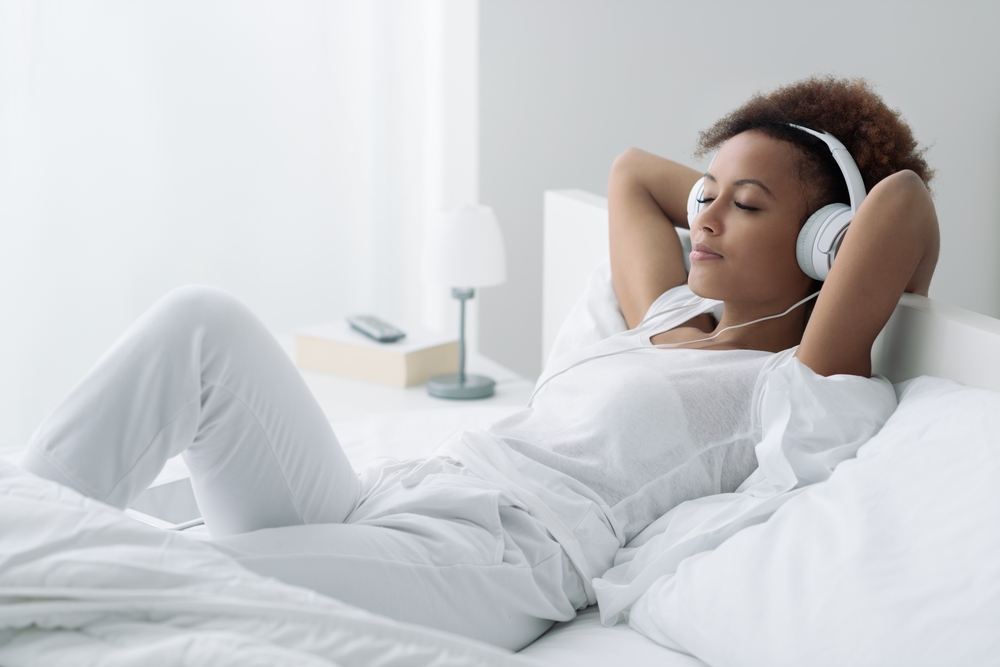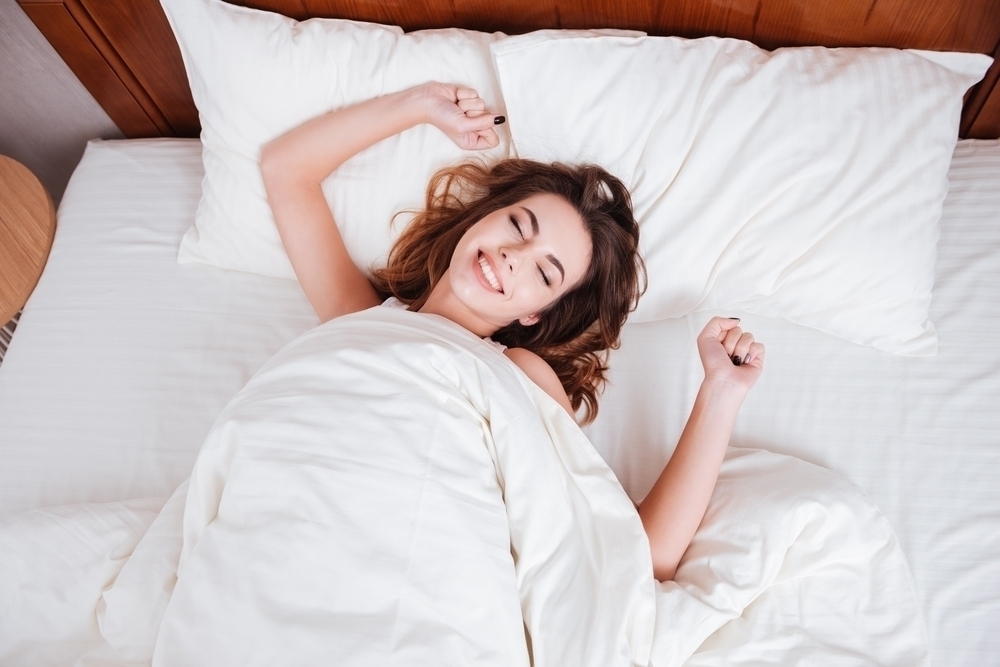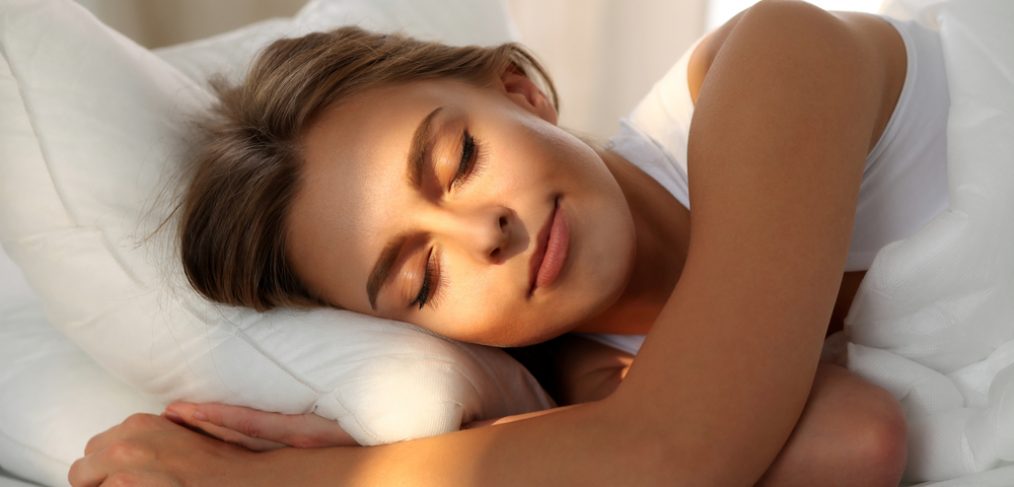Sleep does not come easily to the pregnant woman. It is understandably quite difficult to assume the fetal position with a fetus inside you. Hormonal changes and discomfort associated with pregnancy can affect a pregnant woman’s quality of sleep, and pregnant women need all the sleep they can get – it may be their last chance for a while. The National Sleep Foundation knows that each trimester of pregnancy brings with it a new set of challenges. Here is some of their advice for handling them.
First Trimester Of Pregnancy
In the first trimester of pregnancy, there are a number of challenges to a good night’s sleep you’ll need to be prepared for. Pregnant moms wake up frequently in need of the bathroom and emotional and physical stress may cause sleep disruptions and increased daytime sleepiness.
Second Trimester Of Pregnancy
The second trimester of pregnancy may be considered the metaphorical “calm before the storm.” Nighttime urination will become less of an issue because the fetus moves above the bladder, reducing the amount of pressure on it. However, sleep may still be interrupted by the growth of the child and the emotional stress.
Third Trimester Of Pregnancy
This one’s the doozy. In the third trimester of pregnancy, not only can you expect to feel discomfort as a result of your expanding belly, you may also experience, effects heartburn, leg cramps, and sinus congestion, all keeping you from a good night’s sleep. In addition, you’ll find the nighttime urination increasing in frequency again as the baby’s position puts pressure on your bladder once more.
Tips For A Good Sleep
Extra Pillows: Get some extra pillows to pad the tummy and back. A pillow positioned between the legs can help to give support to the lower back to make sleeping on your side more comfortable. Consider the wedge shaped pillow or the full-length body pillow for best results.
Nutrition: A nice glass of warm milk is always a good remedy for sleeplessness. Also, foods rich in carbohydrates, such as crackers and bread can help bring on sleep, and a high protein snack can keep levels of blood sugar from falling and prevent headaches, bad dreams, and hot flashes.
Relaxation: Relaxation is also another great way to induce sleep, soothing your muscles, while calming your mind. Stretching, massage, yoga, and deep breathing are all effective relaxation techniques, and a warm bath and shower before bed may also prove quite soothing.
Exercise: Not only is regular exercise important during pregnancy to promote physical and mental health, it can also help you to sleep more deeply. However, keep in mind that stimulating exercise within four hours of bedtime is more like affect your sleep adversely than positively.
Medications: While most medications should be kept out of the equation when one is pregnant, there may be some herbal and dietary supplements that can help you sleep better. Make sure to discuss taking any type of drug, OTC, or prescription with a doctor before purchasing them.
If you have any good tips for sleeping while pregnant, we would love to hear them. Let us know!



